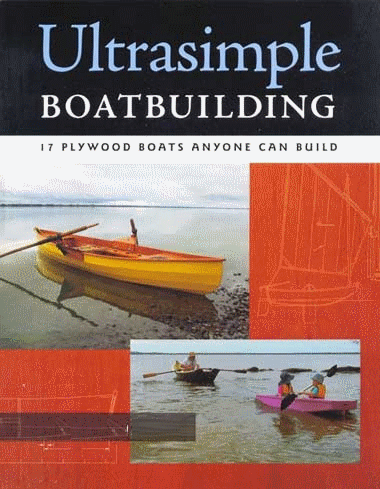
How sailboats move - sailing theory airfoil and hydrofoil. the solution is to reduce the amount of boat hull in contact with the water, or wetted surface area, to a minimum, by sailboat hull design and by the crew trimming the boat. form resistance.. This article sailboat hull design will address this question as well provide information about the construction features of sailboats along with the newest hull designs for future sailboats, including mono and multi hulled designs, bright hub engineering. civil engineering.. The hull is the watertight body of a ship or boat. atop the hull may be a deckhouse or some other form of superstructure, like a mast . the line where the hull meets the water surface is called the waterline ..
This feature is not available right now. please try again later.. However, one has to be careful when designing a sailboat with a "v" bottom hull. if the half-angle of the "v" is close to usual heel angle of the boat under sail, the "v" bottom version will slam and pound even more ferociously than the flat bottom one.. Stability, fundamentally, is what prevents a boat from being turned over and capsized. whether you are a cruiser or a racer, it is a desirable characteristic. a boat's shape, particularly its transverse hull form, has an enormous impact on how stable it is. this so-called "form stability" is one of.










0 komentar:
Posting Komentar